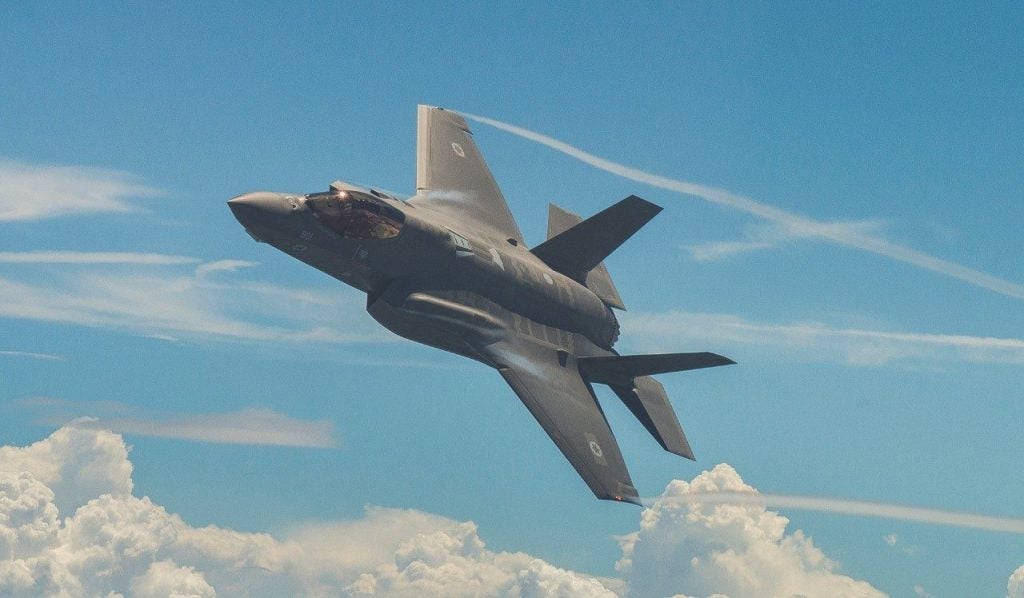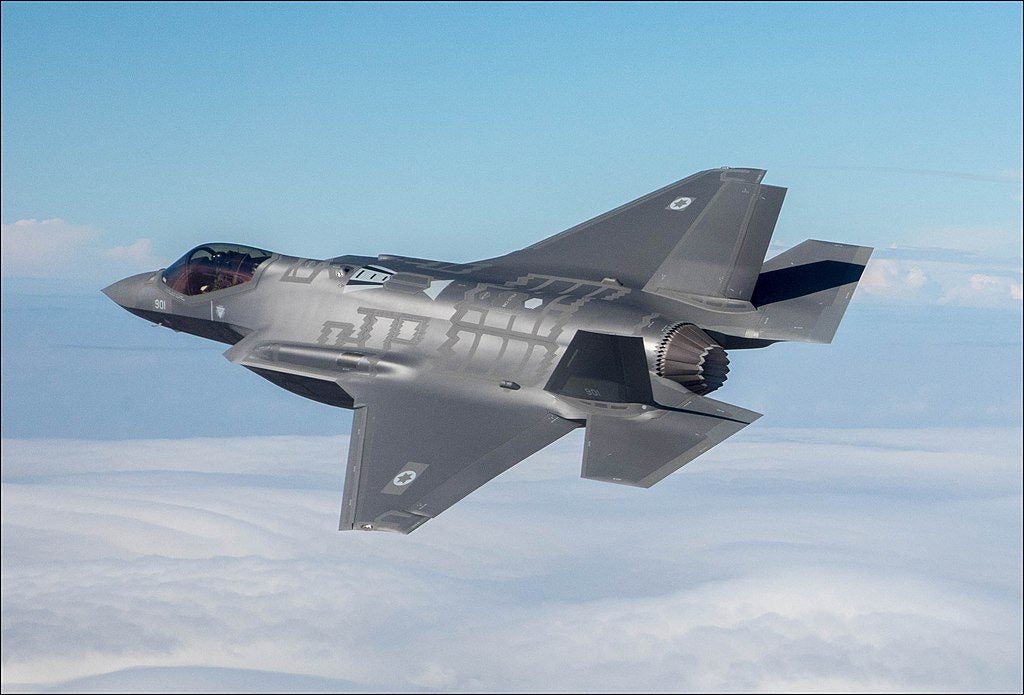Israel Denies Peace Treaty With UAE Would Include F-35 Sale
A rumored secret provision to sell F-35 Joint Strike Fighter jets to the United Arab Emirates was not part of the US-sponsored peace agreement between the UAE and Israel, the Israeli Prime Minister Benjamin Netanyahu’s office said on the 18th August.
“The historic peace agreement between Israel and the UAE does not include any agreement by Israel to any arms deals between the US and UAE. From the beginning, the prime minister has opposed the sale of F-35s and other advanced weapons systems to countries in the Middle East, including Arab states that make peace with Israel.” the Prime Minister’s Office statement reads, suggesting the two countries’ relations are still a long way from establishing close military cooperation.

Despite the official opposition by Israel, a senior Israeli defense source said the sale of the F-35 fighters to the UAE will go through and argued the sale would be strategically beneficial to Israel as the UAE views Iran as its main adversary in the region.
A senior Emirati source claims the Israeli Prime Minister was aware of the clause that would allow for the US to sell F-35 fighters and advanced unmanned aerial vehicles (UAVs) to the UAE prior to signing the peace agreement and gave his approval.
A similar geopolitical wrangle was resolved in 1995 when Yitzhak Rabin, then Israeli Prime Minister, gave in to US President Bill Clinton and let through an American sale of F-16 fighter jets to the UAE, which at the time were the world’s most advanced.
Netanyahu said he spoke to David Friedman, United States Ambassador to Israel on the 7th July to deliver his opposition to the UAE’s request to purchase Lockheed Martin’s F-35 fighters. The next day Netanyahu sent a letter to US Secretary of State Mike Pompeo to make the statement, clarifying his position would not be changed even in the context of drafting a peace agreement.
Israel is the United State’s oldest and closest ally in the middle east, but the US’s need to help Israel maintain its qualitative edge in the region has some pragmatic reasons as well. Israeli Intelligence Minister Eli Cohen explained the realpolitik of the dynamic in a televised interview. “Israel’s policy is to maintain its military advantage in the region,” he said. “That is also our demand of the US. It must respect the request. The US also asks us not to sell weapons we have to other countries and we respect it.”

